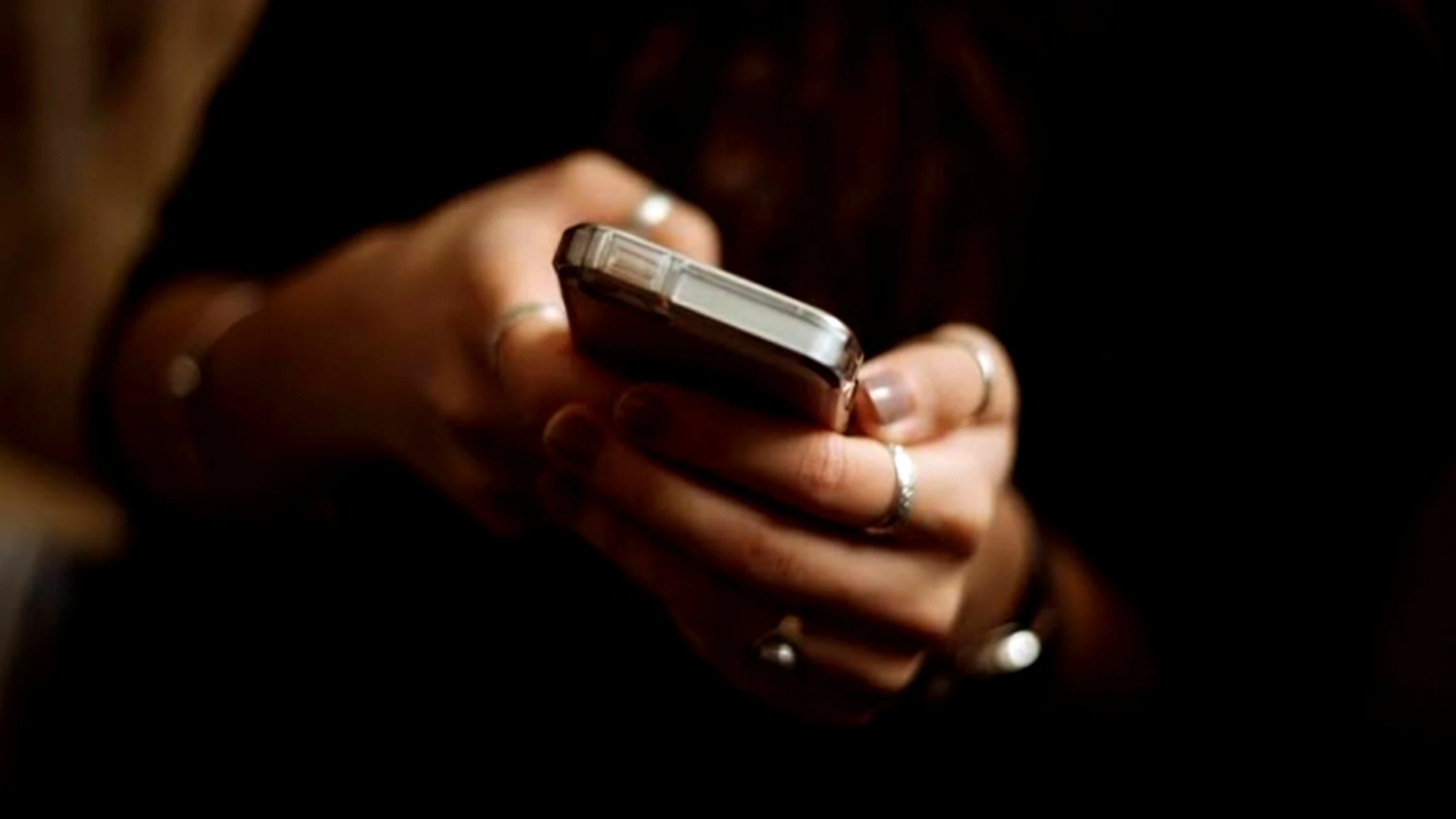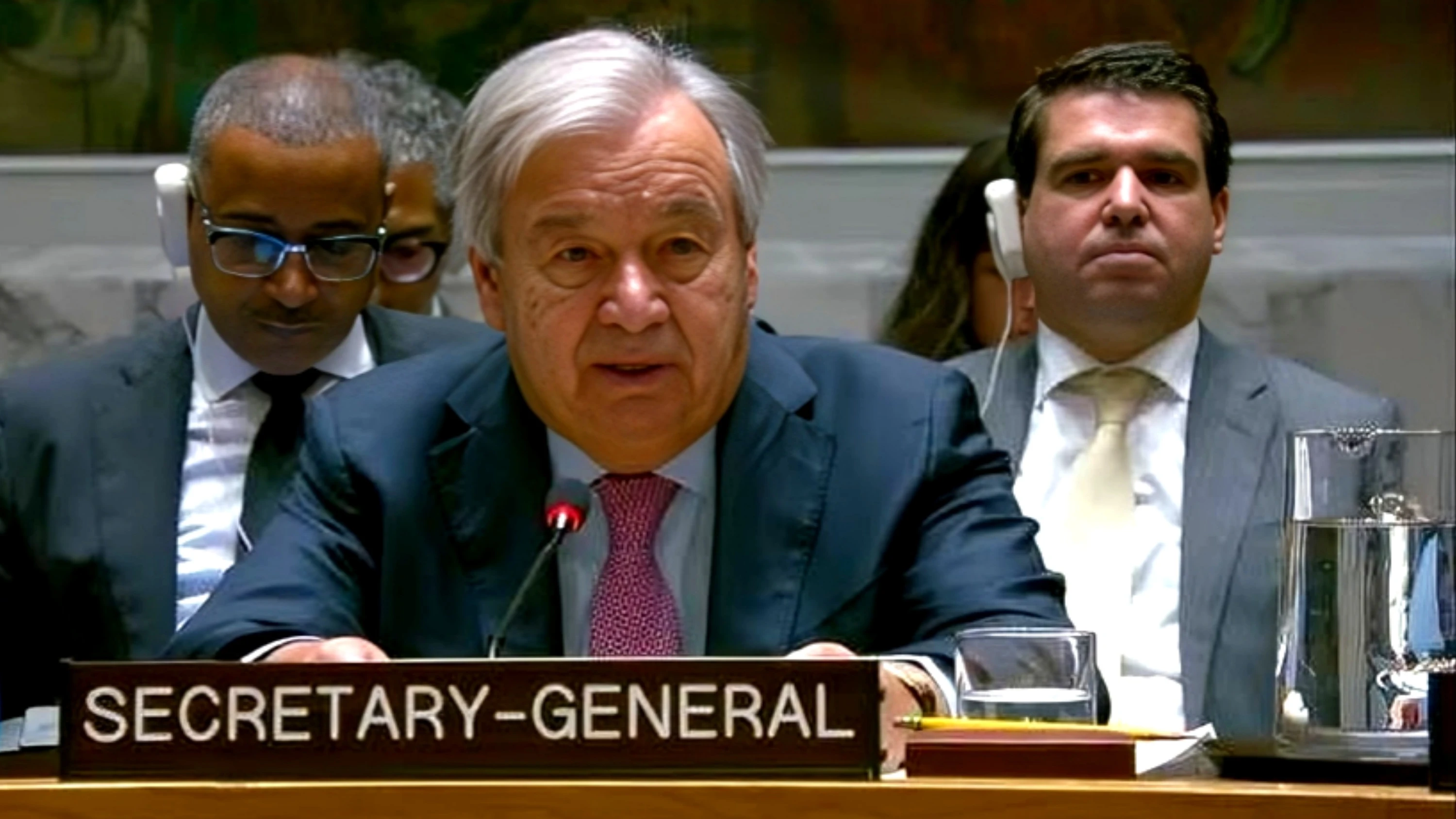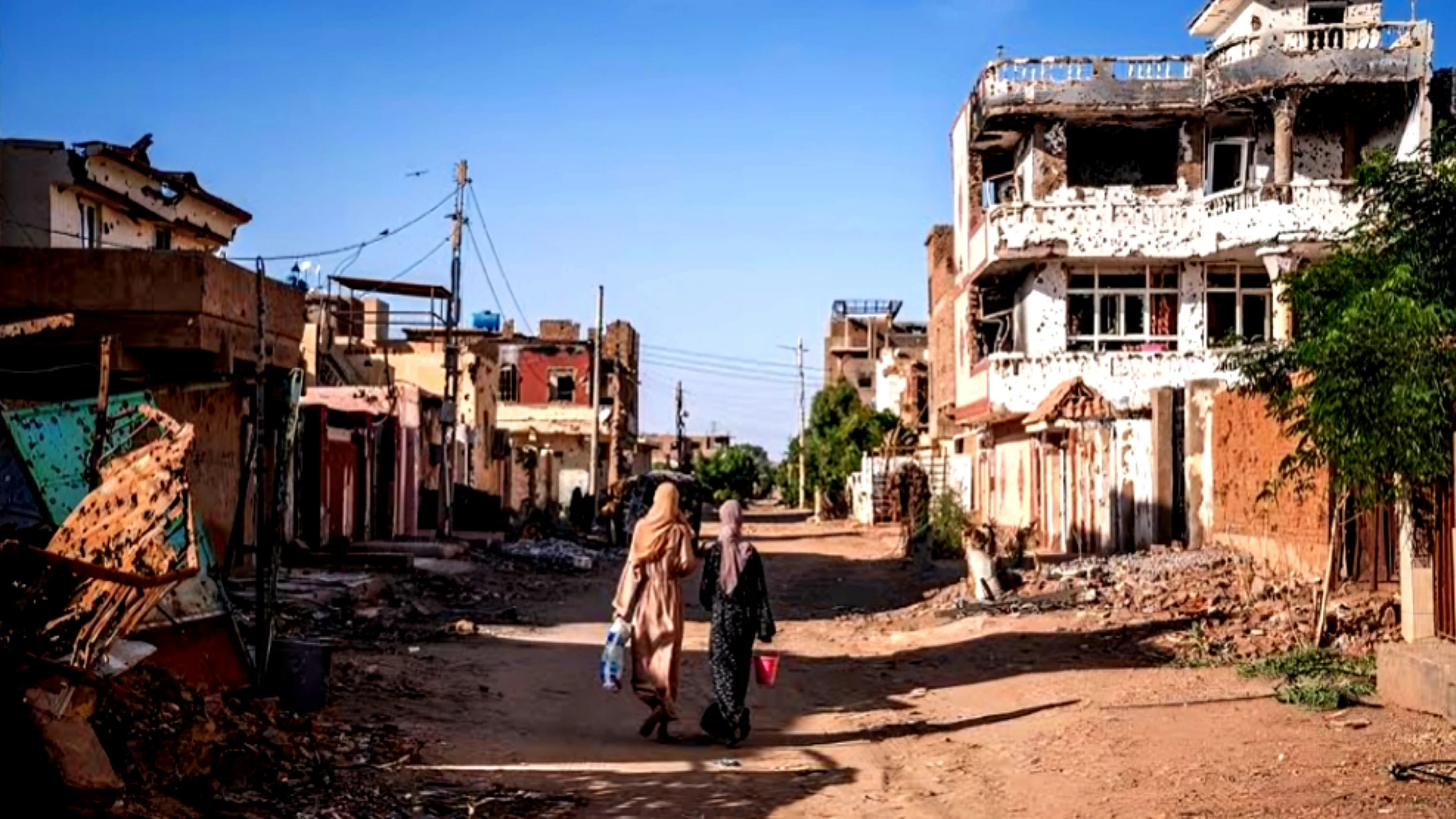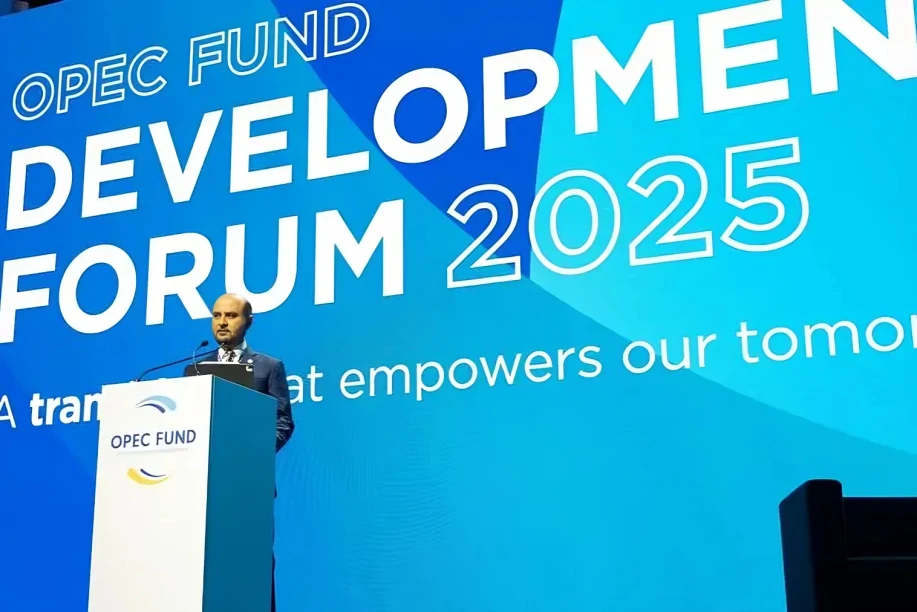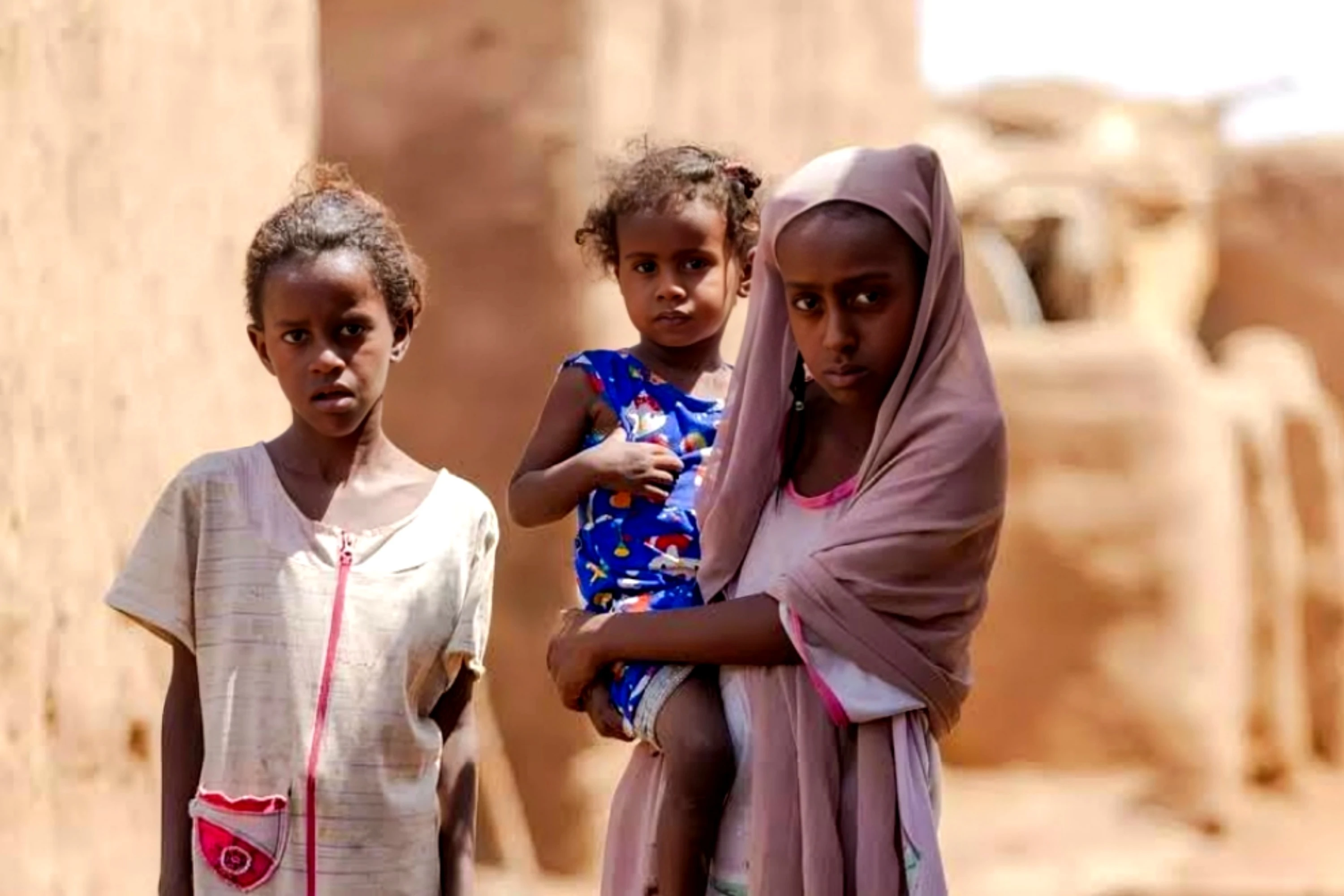Geneva: A growing web of misogynistic online communities, collectively known as the “manosphere,” is posing a serious challenge to global gender equality, according to a stark warning from UN Women, the United Nations agency tasked with promoting gender justice.
With over 5.5 billion internet users—most actively engaged on social media—digital platforms have become vital arenas for communication, learning, and identity formation. But they are also being exploited to spread harmful ideologies, especially against women and girls.
Once relegated to obscure corners of the internet, the manosphere’s influence has now extended far beyond niche forums. Its toxic narratives are infiltrating schools, workplaces, and even personal relationships, shaping real-world beliefs and behaviours.
“We’re witnessing a troubling rise in young men and boys turning to online influencers for advice on life issues like dating and fatherhood,” said Kalliopi Mingeirou, head of UN Women’s Section on Ending Violence Against Women and Girls. “But instead of support, many of them are exposed to harmful content that warps ideas of masculinity and promotes misogyny.”
According to Mingeirou, these communities prey on young men’s insecurities, offering a false sense of empowerment while spreading narratives that demean women, discredit gender rights advocates, and normalize sexist behaviour.
A report from the Movember Foundation, a leading men’s health organization working with UN Women, revealed that two-thirds of young men regularly consume content from influencers who often promote outdated or toxic views of masculinity. While some of this content may offer genuine guidance, much of it is steeped in hostile rhetoric that portrays men as victims of feminism and societal progress.
The UN Secretary-General’s latest report on violence against women highlights that groups within the manosphere consistently reject feminist values and depict women as threats. Such views are being amplified by social media algorithms that reward divisive, provocative content.
The digital anonymity offered by these platforms further fuels the spread of hate speech, making it easier for misogynistic narratives to thrive. “This environment discourages women, especially those in politics or journalism, from fully participating in public discourse due to fear of abuse,” said Mingeirou.
She emphasized that the damage extends beyond women. Harmful stereotypes also undermine the mental health and emotional wellbeing of boys and men. “We need safe digital spaces where everyone—regardless of gender—can seek support without being exposed to hate,” she added.
UN Women warns that the manosphere’s influence is no longer marginal. Its ideas are shaping broader social norms, trivializing gender-based violence, and reinforcing sexist stereotypes. In some extreme cases, online misogyny has been linked to real-world violence, including mass shootings, where perpetrators were found to be active in such radical online spaces.
“These aren’t isolated incidents,” Mingeirou said. “There’s growing evidence that online misogyny is a gateway to broader forms of extremism, including racism, homophobia, and authoritarianism. It puts all of us at risk.”
As the world commemorates 30 years since the adoption of the Beijing Declaration and Platform for Action—a landmark commitment to gender equality—UN Women is sounding the alarm on the new digital frontlines of misogyny.
In response, the agency is expanding its efforts through a comprehensive strategy that includes collecting data on the spread and impact of online hate, advocating for stronger digital safety policies and regulations, providing support for victims of online abuse, launching public campaigns to challenge toxic masculinity, developing youth programs focused on digital literacy and gender equity and encouraging media to play a proactive role in addressing digital misogyny.
“Education is one of our most powerful tools,” said Mingeirou. “It’s not just about protecting girls—it’s about helping boys and girls grow up in a world free from toxic gender expectations.”
The UN’s call is clear: confronting online misogyny is essential not only for safeguarding women and girls but for ensuring a more equitable and democratic future for all.


